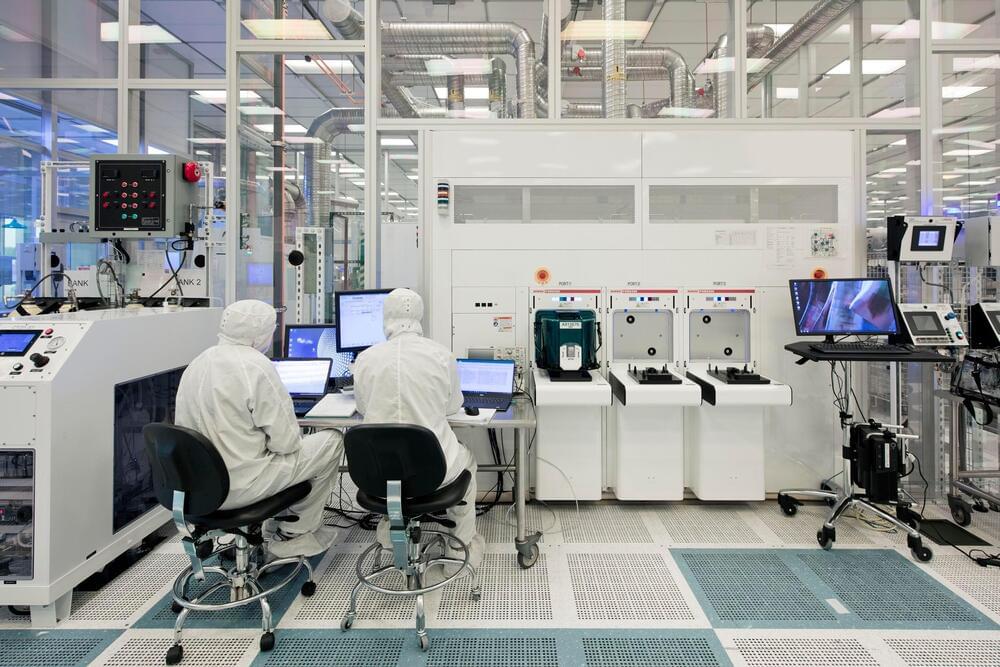Japan wants to get back into the leading-edge semiconductor business and very recently a new company was formed to reboot its semiconductor industry. The company is named Rapidus, referring to rapid production of new chips, a clear reference to how the company plans to differentiate its business from other foundries such as TSMC, Samsung, and Intel. The company has announced a partnership with IBM Research to develop IBM’s 2nm technology in fabs that Rapidus plans to build in Japan during the second part of this decade. Previously, Rapidus announced a collaboration with the Belgium-based microelectronics research hub IMEC on advanced semiconductor technologies. Imec is collaborative semiconductor research organization working the world’s major foundries, IDMs, fabless and fablite companies, material and tool suppliers, EDA companies and application developers.
The IBM process uses gate-all-around transistors — IBM refers to them as nano sheet FETs — which is the next generation of transistor design that enables device scaling beyond today’s FinFETs. The 2nm structures will require Rapidus to use ASML’s EUV manufacturing equipment. Business details with IBM were not disclosed, but there’s likely two parts to the deal: a cross-licensing agreement for the intellectual property necessary to build the product and a joint development agreement. While the announcement is nominally for IBM’s 2nm process, it likely includes a long-term commitment to build advanced semiconductor chips going beyond the 2nm process node.
Rapidus was formed by semiconductor veterans such as Rapidus President Atsuyoshi Koike, with backing by leading Japanese technology and financial firms, including Denso, Kioxia, Mitsubishi UFJ Bank, NEC, NTT, Softbank, Sony, and Toyota Motor. The Japanese government is also subsidizing Rapidus. The big change for Japan compared to prior national efforts is the collaboration with international organizations. It’s a recognition Japan cannot go it alone. This appears to be a fundamental change in Japanese attitudes. Building a fab in Japan will be helped by Japan’s strong manufacturing ecosystem of materials, equipment, and engineering talent.






